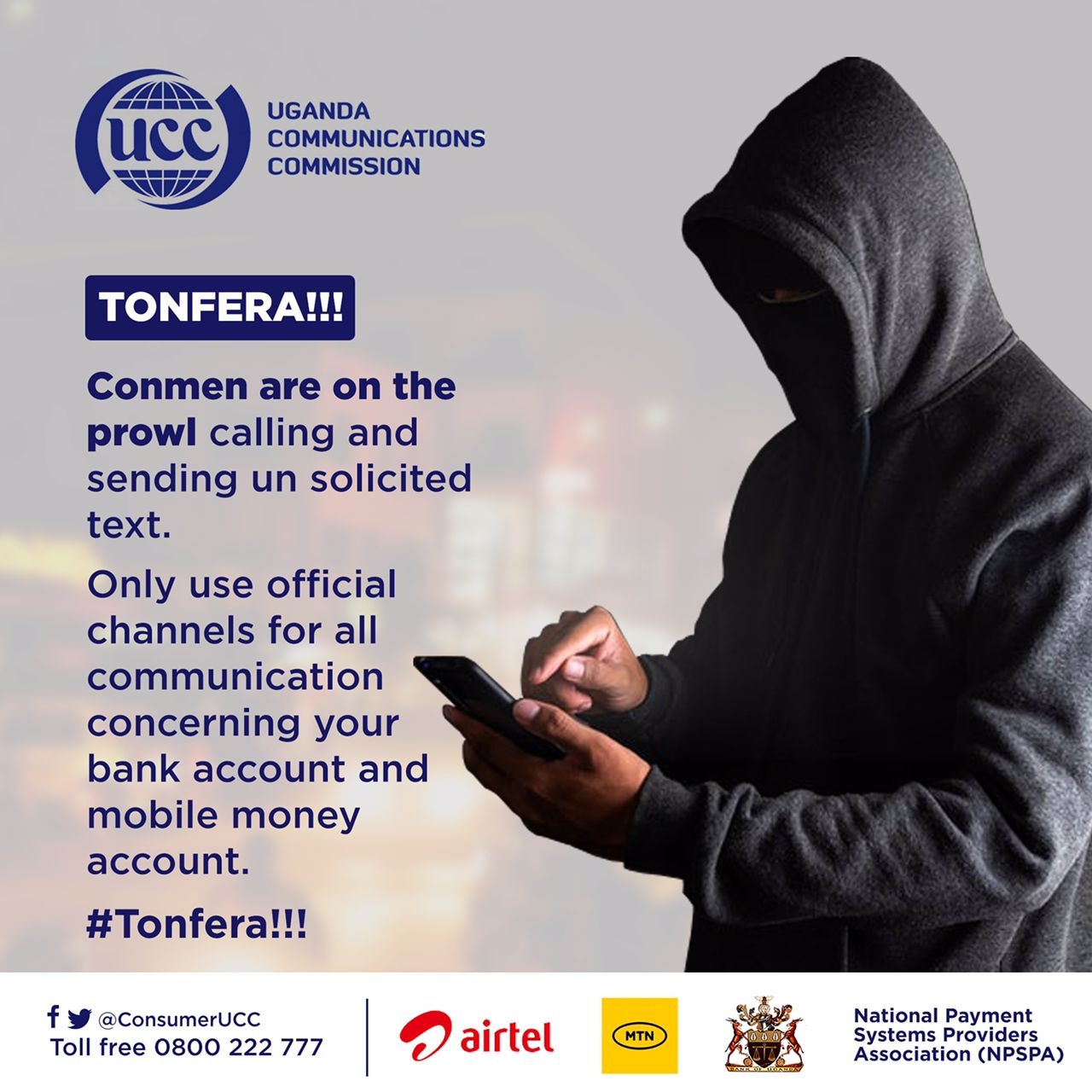Uganda has seen an increase in the number of con artists posing as dog shelters, taking advantage of potential donors and animal lovers’ kindness. These fraudulent people take to social media especially Facebook and Twitter where they fabricate shelters, appealing to sympathy and extorting money under pretenses.
Some of the most common Dog Rescue and Shelter scammers include “Precious Harriet Dogs Shelter”, “Matovu Dog Sanctuary”, “Animal Aid Uganda”, and “Animal Rescue Shelter Center Uganda”, among others.
The following are some of the several strategies used by these scammers:
Emotional Manipulation: These scammers understand that individuals are more likely to donate when touched by emotional appeals. So, through their social media pages, they craft heart-wrenching stories with images about abandoned or neglected dogs, creating an urgent need for financial assistance to build the dogs better shelters, vaccinate them as well, and buy them food.
Fake Rescue Operations: These scammers present themselves as legitimate shelters, claiming to rescue and care for dogs in need. They often share misleading photos and stories of abused animals, urging concerned citizens, foreigners, and NGOs to contribute to the funds.
Request for Donations: Once they have invoked sympathy and gained the trust of potential donors, scammers request financial assistance to support their rescue operations and provide care for the dogs. At times they even masquerade as non-profit organizations that claim to work with established shelters.
How to safeguard yourself:
Verify Legitimacy: Before donating to any dog shelter, conduct thorough research to ensure its legitimacy. Check if they are registered with reputable animal welfare organizations or government entities dedicated to animal care.
Visit the Shelter: Whenever possible, visit the shelter in person to assess its conditions, the number of dogs in its care, and the quality of treatment provided. Genuine shelters will welcome visitors and offer transparency.
Check Online Presence: Scammers often create a convincing online presence through websites and social media platforms. Examine their online presence, scrutinize their posts and activities, and look for inconsistencies or red flags.
Contact Established Shelters: Reach out to reputable and well-known dog shelters or animal welfare organizations in Uganda and inquire about the legitimacy of the shelter in question. They can provide valuable insight and guidance.
Report Fraudulent Shelters: If you suspect a dog shelter is fraudulent or engaged in deceptive practices, report it to local authorities, animal welfare organizations, or relevant government agencies responsible for oversight. By doing so, you protect others from falling victim to the scam.
Conclusion:
We can help uncover these scams and protect helpless animals from these scammers by understanding the techniques they use and taking precautions. It is also vital that we stay cautious when dealing with such scammers and always report to authorities.



